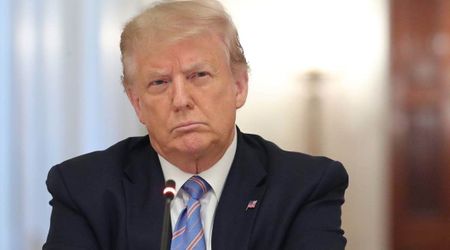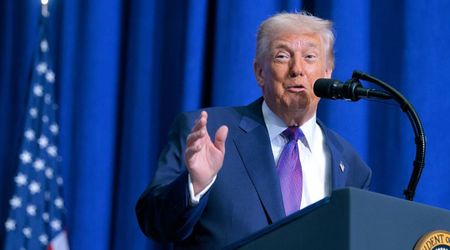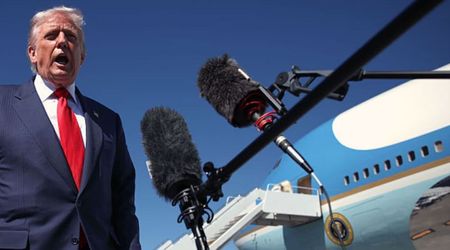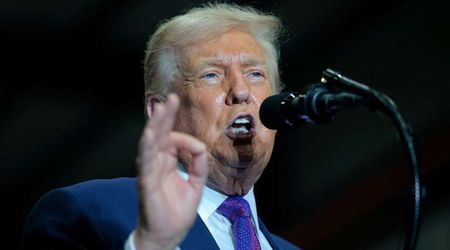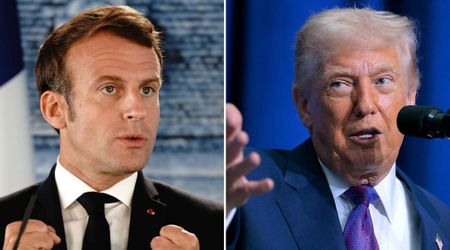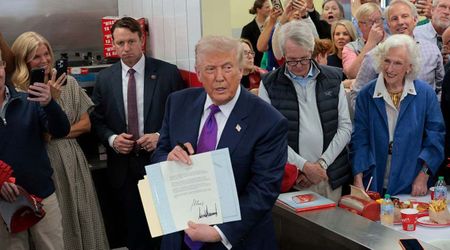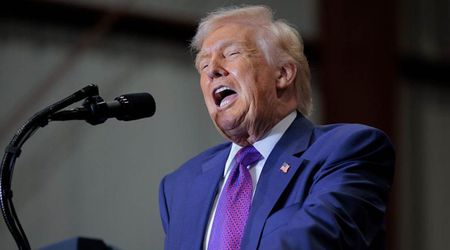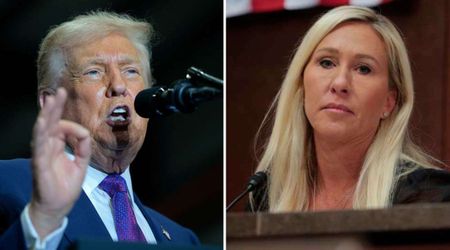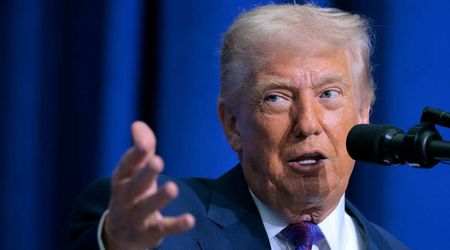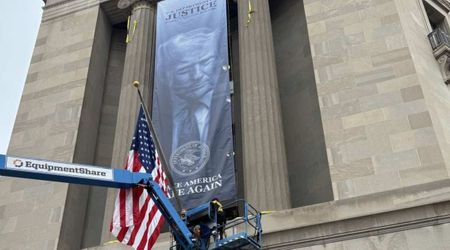Nikki Haley's Home State Defeat: 8 other politicians who suffered a similar fate at primaries
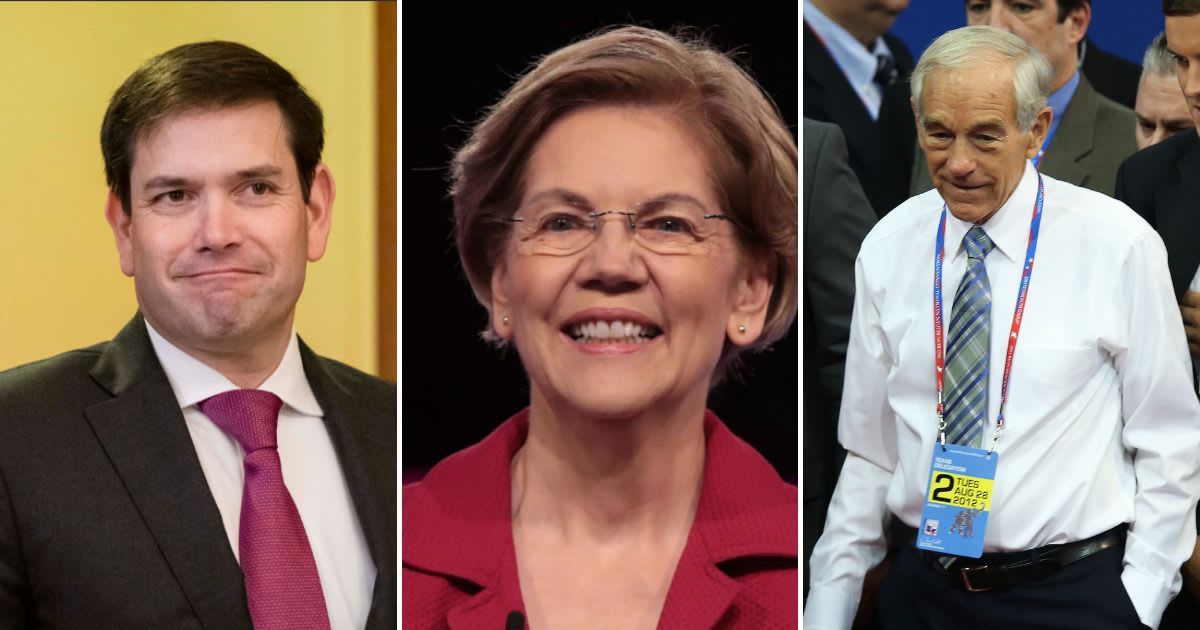
8 politicians who suffered home state primary defeats like Nikki Haley
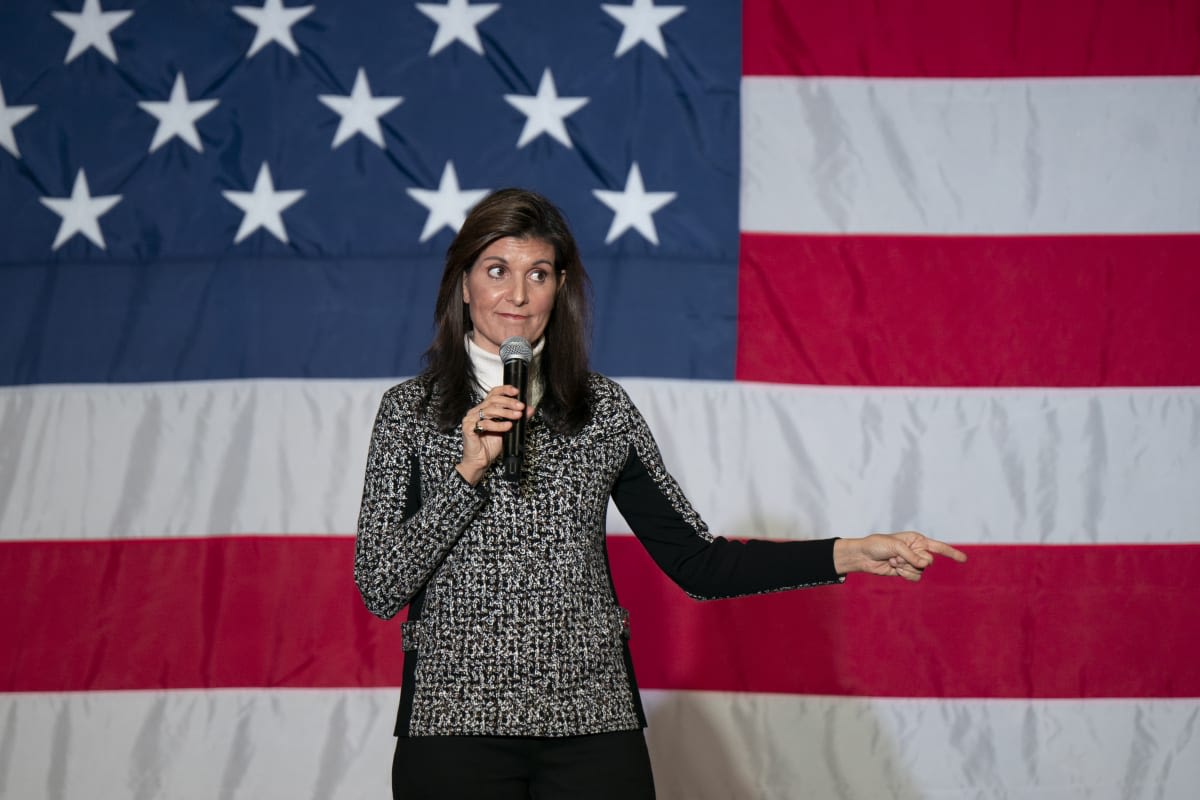
It is not uncommon for presidential hopefuls to lose their home state during primary elections, as evidenced by former candidates, Senators Marco Rubio and Elizabeth Warren, among others. For some, such losses can have enduring consequences, with some politicians being unable to revive their careers thereafter. The recent South Carolina GOP presidential primary saw the Palmetto State’s former two-term governor, Nikki Haley, suffer a similar fate, learning the hard way that returning home is not always a favorable option. However, not all candidates who suffer a similar fate are deterred from reinvigorating their careers. Some, such as George HW Bush, who lost his adopted home state of Texas during his candidacy, persevered and ultimately emerged as the president of the United States. The impact of losing one's home state in the presidential primaries is significant, as evidenced by the following list we have compiled of such failures since 1980.
1. George HW Bush

By 1980, George HW Bush had established an impressive portfolio of political experience. Having served two terms in Congress, as well as having been appointed ambassador to the United Nations under President Richard Nixon, Bush led the Republican Party, and served as CIA director under President Gerald Ford. He began his 1980 primary and caucus season with a notable victory in Iowa, narrowly defeating former California Governor Ronald Reagan, who had established himself in the entertainment industry as a sports broadcaster in the Golden State. Despite Bush's early success, Reagan soon began to accumulate delegates throughout the South and Midwest, ultimately securing the presidential nomination. While Bush performed well in the Houston area he represented in Congress and won his actual birth state of Massachusetts and Connecticut during the 1980 cycle, he was unable to maintain his momentum and withdrew from the race less than a month after the Texas contest. However, he was subsequently offered the vice presidency, which he accepted. Notably, he remains the most recent vice president to have immediately succeeded the president they served under.
2. John Anderson
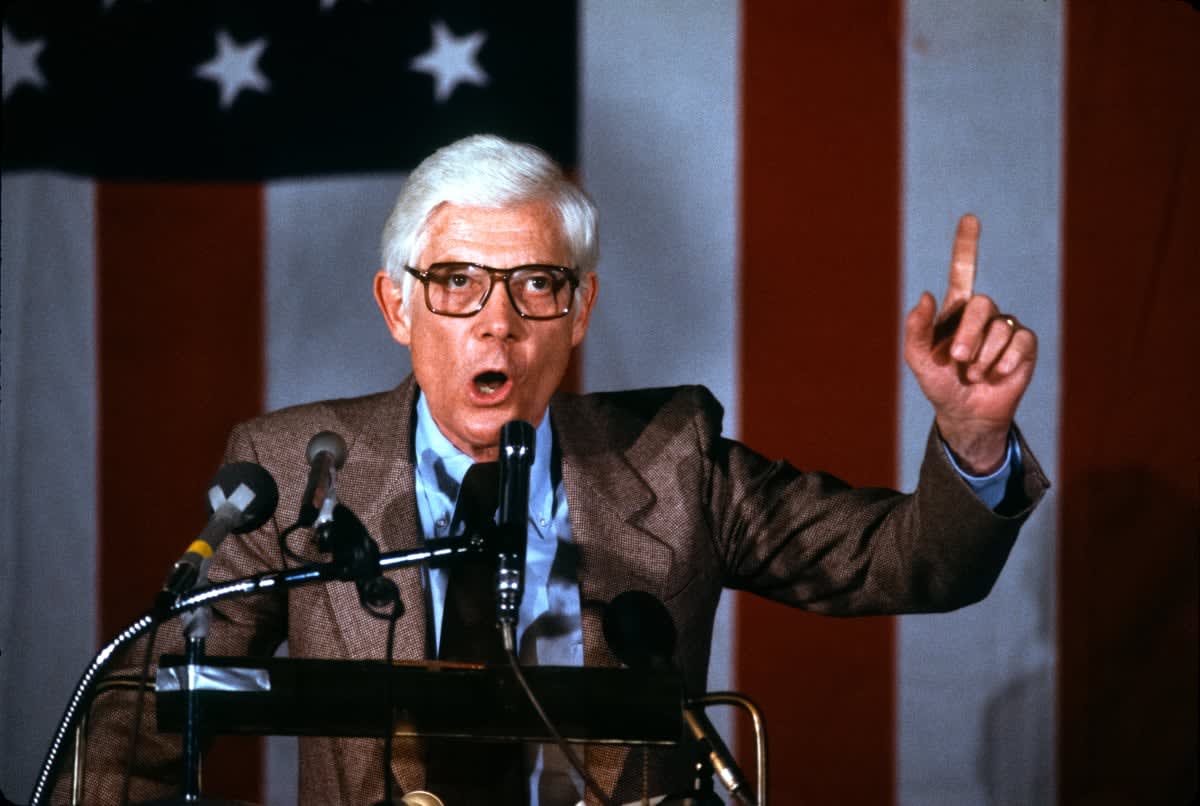
Anderson, a long-serving congressman from Illinois, was considered a comparatively moderate candidate during the 1980 presidential elections. His campaign suffered early setbacks when he narrowly lost to both Bush in Massachusetts and Reagan in Vermont. Despite this, Anderson entered the Illinois primary with some momentum over Reagan, who was also born in the state but had made his political career in California. However, Reagan emerged victorious, and just over a month later, Anderson withdrew from the contest to run as an independent candidate. Following the race, Anderson spent several years as a visiting professor at universities across the United States. He also worked with various nonprofit organizations and remained involved in third-party politics.
3. Pat Robertson

Pat Robertson, a televangelist and the founder of a private Christian college in Virginia had gained significant support from the growing Christian right when he entered the 1988 primaries and caucuses. With strong second-place finishes in Iowa and Minnesota, Robertson initially had considerable momentum, but it soon dissipated. Although the Virginia primary was technically insignificant owing to the delegates being awarded via caucuses, Robertson's third-place finish to Bush and Sen Bob Dole of Kansas in the contest was seen as a setback. However, unlike other candidates, Robertson continued his campaign, and his supporters made a strategic decision that propelled him to win the Washington caucuses on Super Tuesday, the same night as the Virginia primary. With few contests left, Robertson endorsed Bush in mid-May, and following the 1988 race, Robertson returned to the Christian Broadcasting Network and remained active in the religious right. He is credited with helping Newt Gingrich and House Republicans win the majority in 1994, ending the Democrats' decades-long grip on power.
4. Jerry Brown
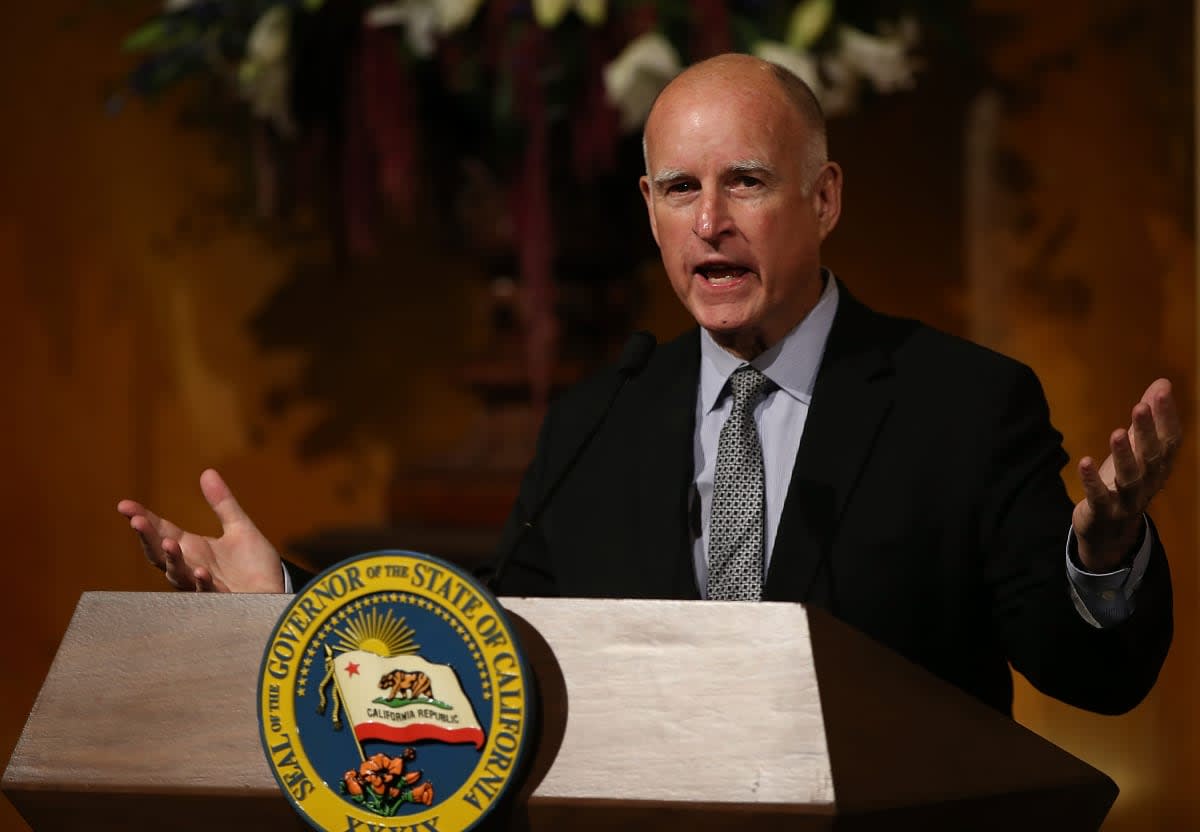
The name of the former Governor Jerry Brown is inextricably linked with California, as he holds the distinction of being the longest-serving governor in the history of the Golden State. During his tenure, Brown garnered a few late victories against the then-former Governor of Georgia, Jimmy Carter. His victory in his home state was one of the highlights of the race. However, his second challenge to then-President Carter's position in 1980 proved to be futile. Brown launched his third presidential campaign in 1992. Although he was a strong contender, he quickly fell behind then-Arkansas Governor Bill Clinton. Despite mounting pressure to withdraw from the race, Brown persevered until the end. Clinton campaigned rigorously in California and ultimately secured the nomination by winning the state. Brown withdrew his candidacy only during the Democratic National Convention. He subsequently relaunched his political career as the mayor of Oakland and later served as the attorney general of California before returning to the governor's mansion.
5. Dennis Kucinich
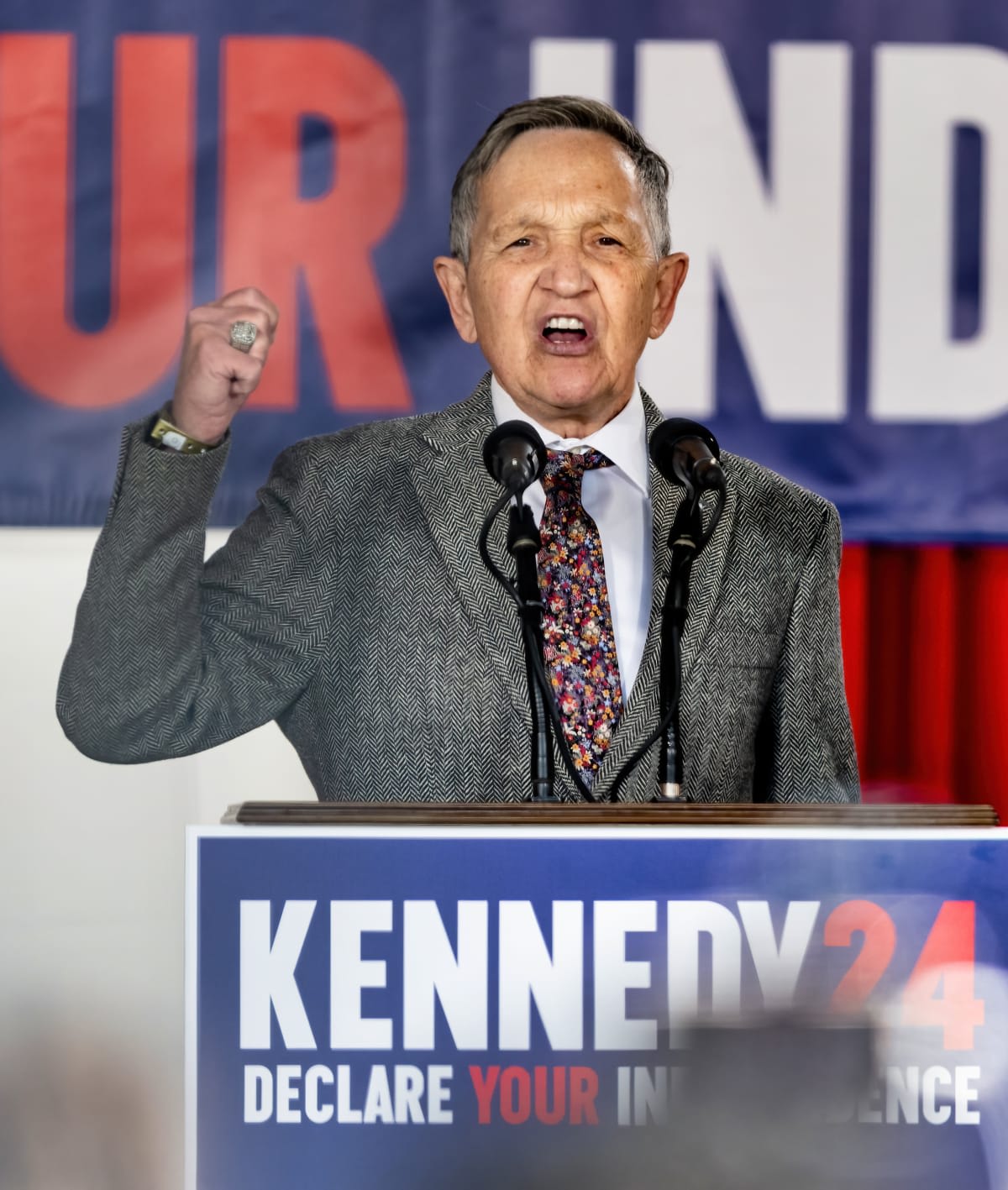
Former congressman and mayor of Cincinnati, Dennis Kucinich, was an ardent liberal who supported universal healthcare, an end to the Iraq War, and marriage equality. However, these positions were considered to be outside the Democratic Party's mainstream during his time in office. Although Kucinich failed to win any presidential race, he remained in the race for a considerable period even after then-Senator John Kerry had secured the Democratic Party's nomination. Kerry emerged victorious on Super Tuesday, including in Ohio where Kucinich finished in third place. Kucinich attempted to run for the presidency a second time four years later, in 2008, but he quickly dropped out. He later faced increasingly difficult congressional races before ultimately losing to a fellow incumbent Democrat, Rep Marcy Kaptur, after his district was eliminated in 2010. He subsequently made unsuccessful runs for Ohio governor and Cleveland mayor. In 2019, Kucinich led Robert F Kennedy Jr's long-shot Democratic presidential campaign, but he left the campaign after Kennedy said he would run as an independent candidate. Kucinich is now running as an independent to return to Congress.
6. Ron Paul
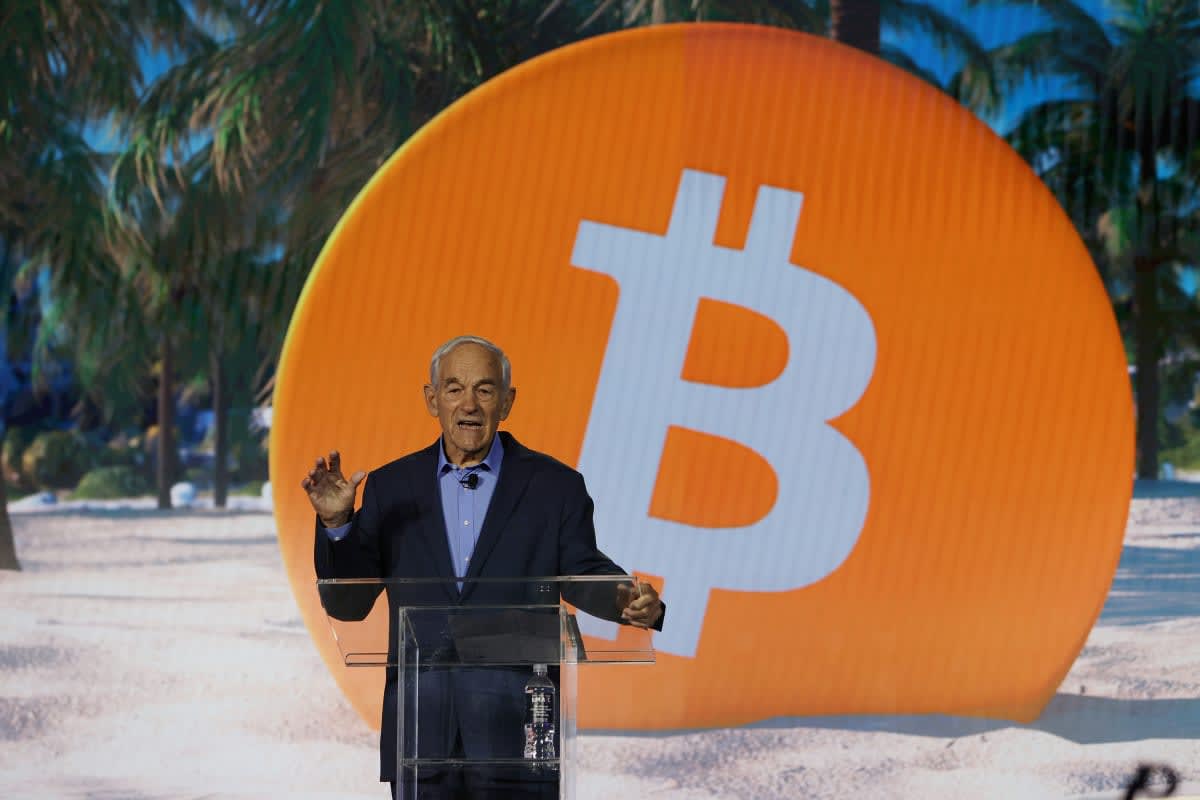
Ron Paul, a well-known political figure, established himself as a congressional renegade over decades in Washington, earning him the moniker "Dr. No." In 2008, when the GOP presidential field was vast and chaotic, Paul remained in the race even as it became clear that Senator John McCain of Arizona would win. Paul's online fundraising techniques, known as "money bombs," captured national attention, contributing to his status as a remarkable candidate. Despite finishing third in his home state of Texas, Paul continued his campaign. Four years later, he mounted another run for the presidency, finishing second after losing Texas. In 2013, Paul left Congress to pursue other interests, however, he later played an active role in his son, Kentucky Senator Rand Paul's 2016 campaign. He also established a think tank and regularly comments on current events.
7. Marco Rubio
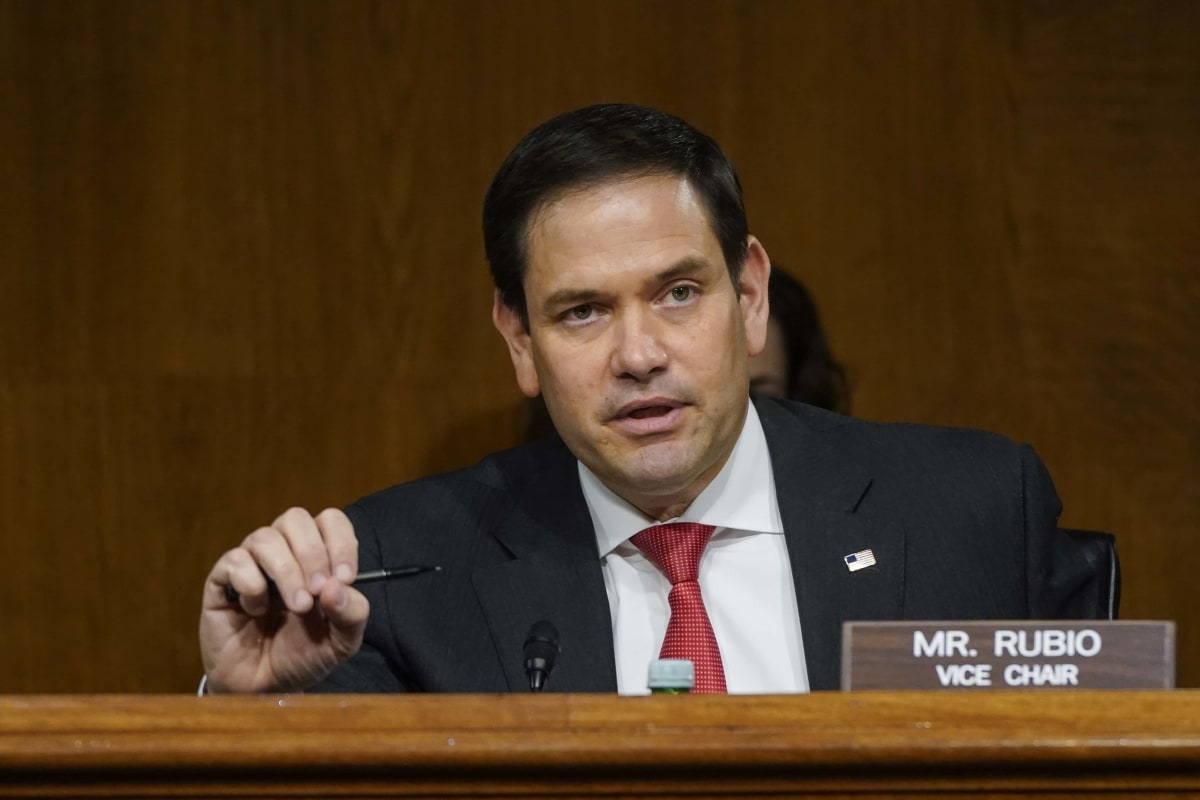
Senator Marco Rubio's entry into the 2016 campaign was marked by a surge of anticipation and expectation. As a Tea Party newcomer, he had been hailed as the Republican party's "savior" due to his background and rapid ascent. Despite this, like many other candidates in the vast field, Rubio was measured in his criticism of the businessman and reality TV star, Donald Trump, as he rapidly rose to the top to contend for the presidential nomination. By the time the Florida primary arrived on the day dubbed "Super Tuesday II," Trump's primary challenger had become Texas Senator Ted Cruz. By the end of the night, it was abundantly clear that the future POTUS had secured a firm grip on the GOP nomination. Rubio subsequently reversed his decision to not seek re-election to the Senate, a move that helped Republicans maintain their majority in the chamber.
8. Elizabeth Warren

Senator Elizabeth Warren from Massachusetts declined to accept a progressive draft campaign in 2016, thereby relinquishing the space for Sen Bernie Sanders' unexpectedly strong challenge to former Secretary of State Hillary Clinton. The senator entered the 2020 election cycle with high expectations and announced her intention to test the presidential waters early on. Despite initially holding the frontrunner position due to promising early polling, her disappointing finishes in the early states revealed how much her popularity had waned. On Super Tuesday, she came in third place in her home state and withdrew from the race shortly thereafter. Reportedly, she was considered as a potential vice-presidential candidate for Joe Biden. Presently, she is running for her third term in the Senate and seeking re-election.

